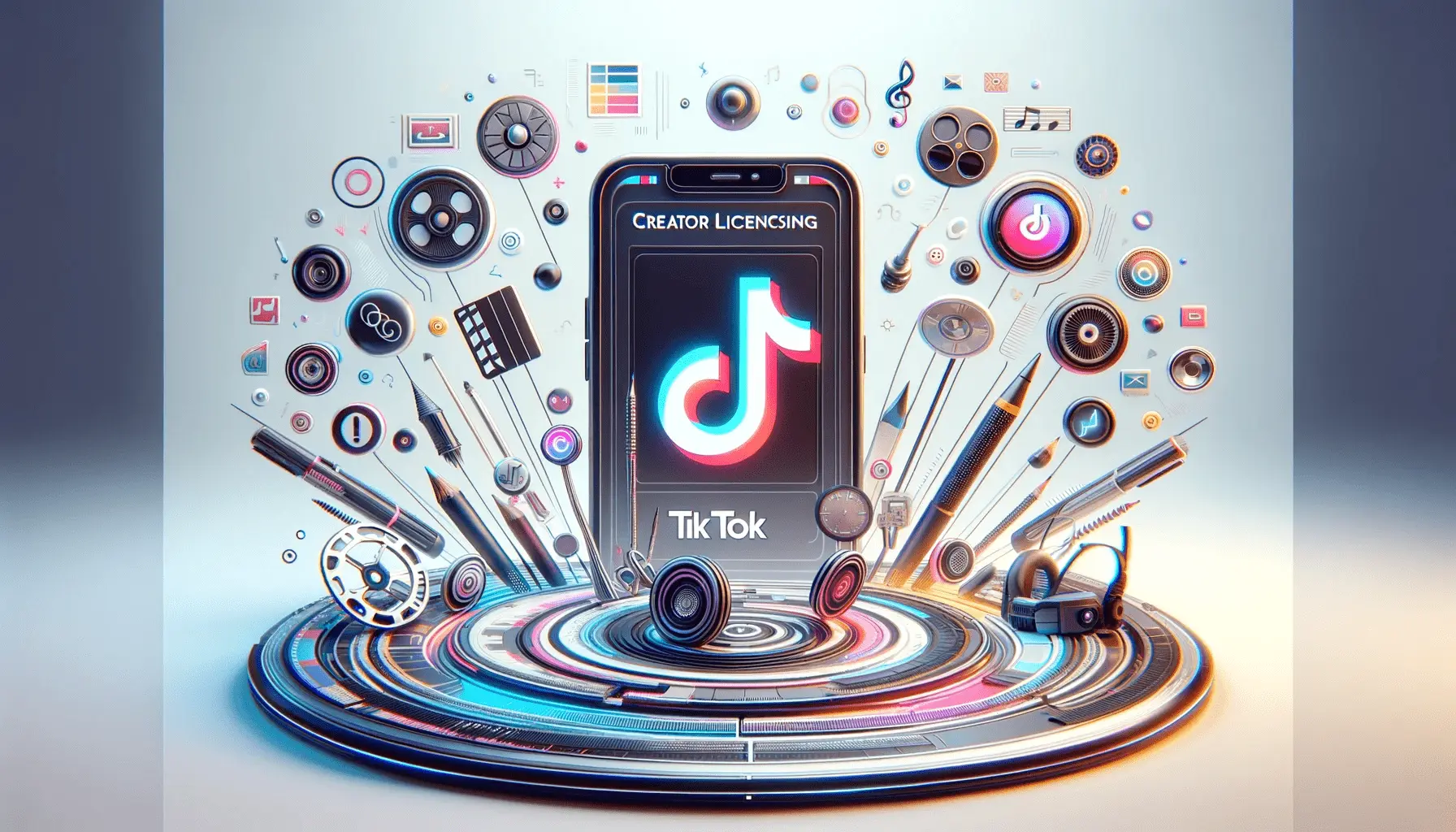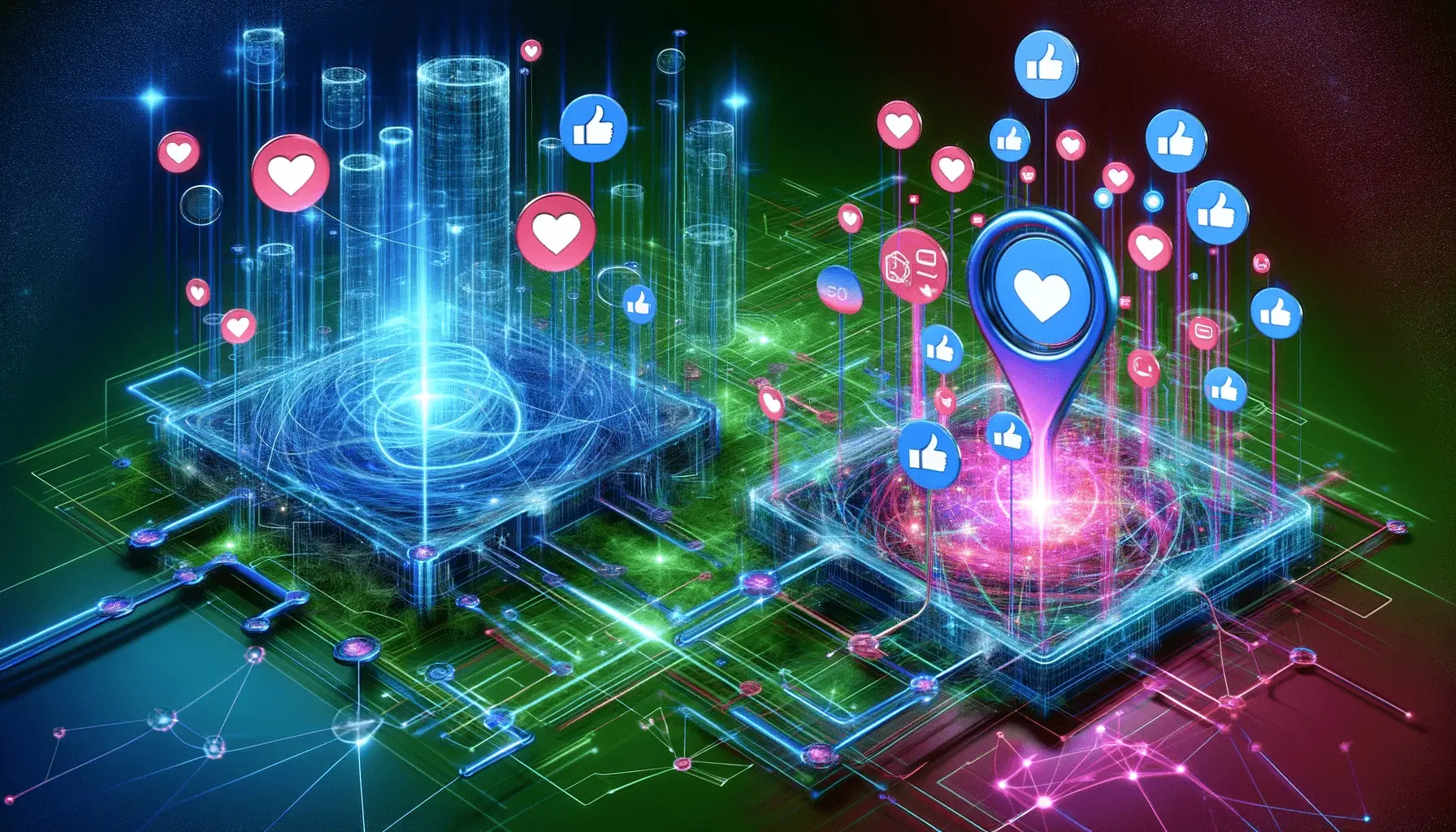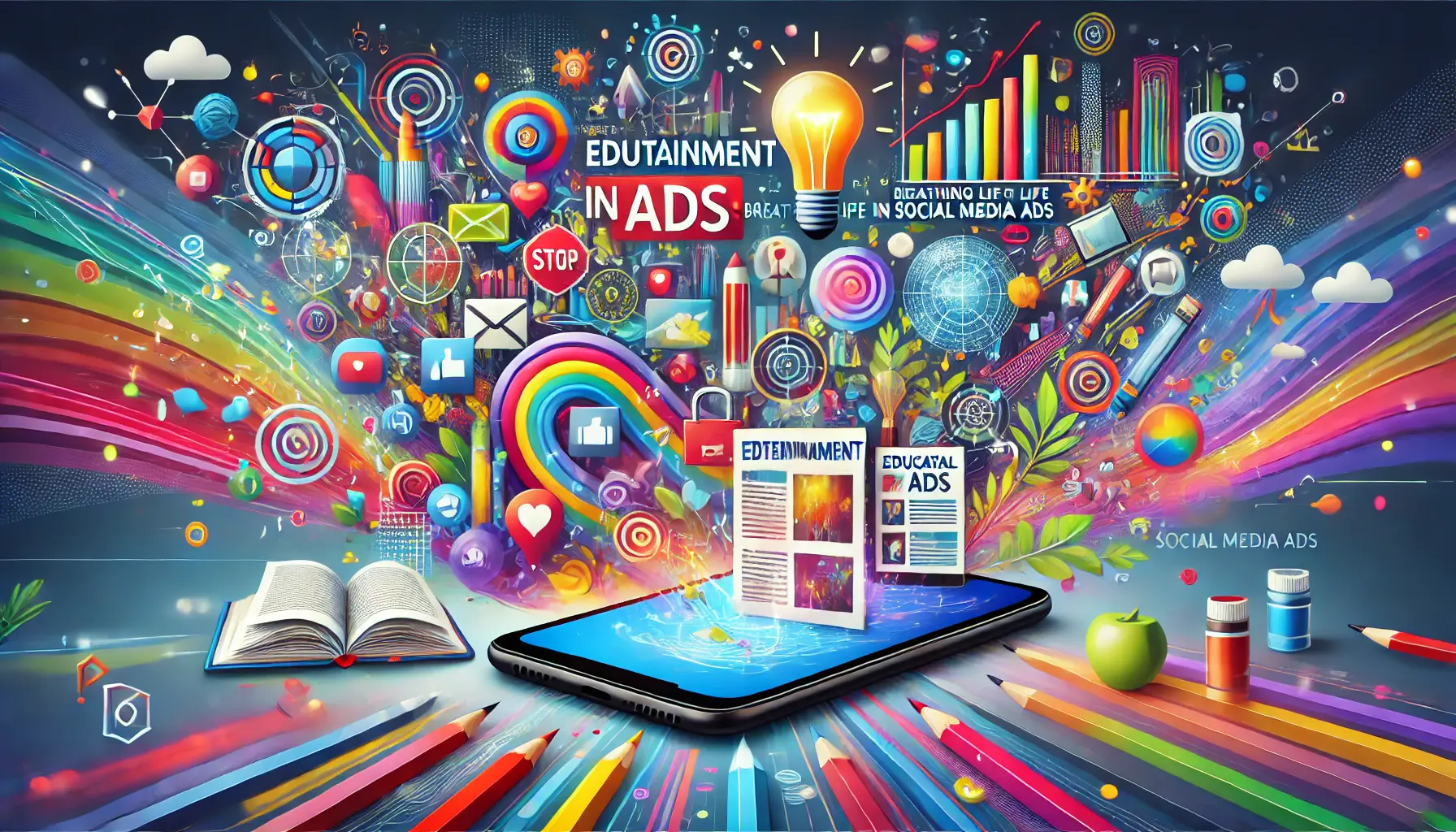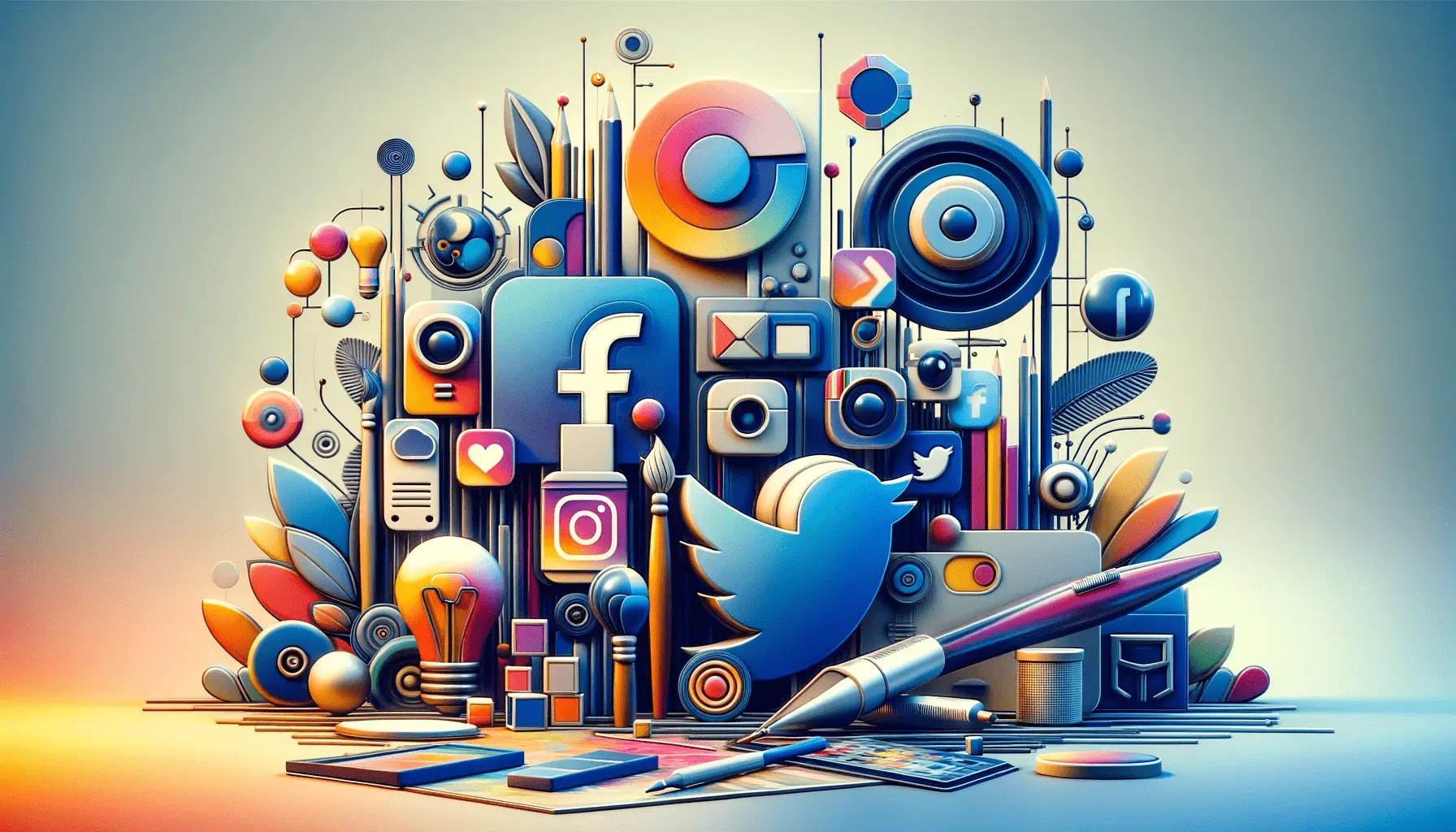In today’s digital age, the so-called creator economy has been the buzzword in transforming the production, consumption, and monetization of content.
But what does it actually mean, and why has it been so popular?
- The Rise of the Creator Economy in Digital Marketing
- Influencers: The New Social Media Advertising Powerhouses
- Strategies for Brands to Leverage the Creator Economy
- Challenges and Ethical Concerns in Influencer Marketing
- Emerging Trends That Will Shape the Future of the Creator Economy
- The Creator Economy’s Rising Influence on Digital Marketing
- Frequently Asked Questions on the Creator Economy
The Rise of the Creator Economy in Digital Marketing
The creator economy is an economic model where people leverage online platforms to create and distribute content, goods, or services directly to their audience.
This new model allows creators, ranging from vloggers and bloggers to artists and educators, to monetize their interests and knowledge without the intervention of intermediaries.
Certain elements have contributed to the creator economy’s explosive growth:
- Technological Advances: The proliferation of user-friendly platforms like YouTube, TikTok, and Patreon has made content creation accessible to more people.
- Change in Audience Behavior: Audiences now want authentic, personalized content, so they prefer individual creators over mainstream media outlets.
- Monetization Opportunities: With opportunities like sponsorships, merchandise sales, and subscription models, creators have multiple ways to generate income within the creator economy.
Statistically, the influence of the creator economy cannot be ignored.
For instance, an eMarketerA market research company that provides data and insights on digital marketing, media, and commerce. report predicted that creator revenue through tipping, subscription, and merchandising on social media would each have increased at least threefold between 2021 and 2024.
This boom indicates the great extent to which creators exert power within the digital marketing system.
As we dive deeper into this topic, we will explore how influencer marketing has become a game-changer in the social media ad space, offer tips for brands in leveraging the power of the creator economy, and uncover the issues and ethics surrounding it.
Hold on to this ride as we uncover this transformative era in online advertising.
The creator economy empowers individuals to directly monetize their passions, reshaping how audiences connect with content and brands alike.
Influencers: The New Social Media Advertising Powerhouses
As the world of online marketing continues to evolve, influencers have emerged as the new power players that are revolutionizing how brands engage with consumers.
Their authentic involvement and widespread reach make them indispensable in today’s advertising strategies within the creator economy.
Shift from Traditional Advertising to Influencer Partnerships
Those were the times when traditional ads dominated the market.
The customers, however, now desire actual connections and original content.
It has led to brands collaborating with influencers who resonate with their target markets.
Influencers, through their personal experiences, create a level of authenticity that traditional ads sometimes cannot achieve.
It not only builds greater brand trust but also facilitates more robust consumer relationships.
Case Studies of Successful Influencer-Driven Campaigns
Several brands have leveraged the power of influencer marketing to success within the creator economy:
- DripDrop’s Hydration Campaign: From challenges in gaining brand awareness in a highly competitive market, DripDrop partnered with over 50 influencers. The creators shared personal experiences about dehydration and how DripDrop became a part of their everyday life. The campaign garnered over 80 million impressions and a 39% increase in brand awareness, proving the potency of thoughtful influencer collaborations.
- Beauty Brands Utilizing Social Media: L’Oréal Paris was the most followed beauty brand on social media in 2024 with a media impact value of $1.14 billion. Their ‘Walk Your Worth’ campaign with trending influencers Kendall Jenner and Alia Bhatt garnered the highest engagement and brand recall.
These examples point to the potential for change that influencer partnerships hold in modern advertising.
Through partnerships with influencers who embody their values, brands can craft genuine narratives that speak deeply to consumers, especially in the context of the growing creator economy.
As we proceed to explore the nuances of the creator economy, we will look at how brands can leverage these partnerships to positive ends, encouraging authenticity and mutualism in the new digital marketing landscape.
Influencers bridge the gap between brands and consumers by building trust through authentic storytelling and community-driven engagement.
Strategies for Brands to Leverage the Creator Economy
With the rapidly evolving digital era, the creator economy has emerged as a major driving force, enabling brands to connect meaningfully with their respective target audiences.
By collaborating with content creators, companies can reach out to niche markets and establish organic relationships with consumers.
But how do brands tap into this potential?
Identifying the Right Influencers for Brand Alignment
Selecting influencers who share a brand’s values and target audience is crucial.
Follower numbers aren’t everything; the content of the influencer, their engagement with followers, and authenticity play a significant role.
For instance, using micro-influencersSocial media users with a smaller but highly engaged following, often seen as more authentic by audiences.—those who have smaller but very active follower bases—can lead to higher rates of conversion due to their close-knit community connections within the creator economy.
To identify suitable influencers:
- Analyze Audience Demographics: Ensure that the followers of an influencer belong to your target market.
- Assess Content Quality: Look for consistent, high-quality content that aligns with your brand identity.
- Engagement Rates: High engagement indicates an engaged and loyal audience.
Developing Genuine Collaborations for Higher Engagement
Genuineness is the secret to successful influencer collaborations.
Consumers are adept at recognizing genuine endorsements over scripted commercials.
Therefore, providing influencers with creative liberty to promote your product in their own words creates trust and authenticity within the creator economy.
Some effective strategies are:
- Co-Creation of Content: Collaborate with influencers to develop content that seamlessly integrates your product into their narrative.
- Long-Term Partnerships: Long-term partnerships rather than brief campaigns can establish credibility and brand loyalty.
- Transparent Communication: Offer transparent communication of campaign goals while valuing the influencer’s opinion and creative vision.
By strategically selecting influencers and creating authentic partnerships, brands are able to successfully navigate the creator economy, building long-term connections with consumers and better marketing outcomes.
To succeed in the creator economy, brands must move beyond follower counts and focus on influencer alignment, creative freedom, and genuine partnerships.
Challenges and Ethical Concerns in Influencer Marketing
Influencer marketing has become a mainstay of online advertising campaigns as the creator economy emerges.
This success, however, comes with a series of challenges and ethical concerns that must be faced by brands and influencers alike to maintain trust and authenticity.
Combatting Transparency and Disclosure Issues
Transparency is important as far as influencer marketing is concerned.
If influencers fail to disclose sponsored content adequately, they can confuse their audience, and trust will decrease with regulatory implications.
In 2020, LanistarA fintech company known for launching a payment card with controversial influencer marketing strategies. was heavily criticized for pushy marketing campaigns, making unsubstantiated claims about its product lines that were later adjudged as misleading.
The company’s high-profile social media campaigning employed over 3,000 influencers including celebrities and sports players to endorse its upcoming payment card as “the world’s most secure card.”
The campaign caught regulators’ and industry commentators’ attention, highlighting the challenges fintech startups were encountering in navigating the complex financial advertising world.
The UK Advertising Standards AuthorityThe UK's independent regulator of advertising across all media. (ASA) probed Lanistar’s advertising practices after receiving complaints about the influencer campaign.
The ASA asked Lanistar to withdraw the ads in their current form and ensure that it had adequate substantiation for any statements made in future marketing communications.
This ruling emphasized the importance of truth in advertising and the danger posed by unsubstantiated claims within the heavily regulated financial services sector of the creator economy.
To ensure transparency:
- Evident Disclosures: Influencers should state affirmatively when a post is sponsored, clearly using words such as “advertisement” or “paid partnership.”
- Platform Adherence: Adhere to specific platform guidelines for sponsored posts, ensuring disclosures stand out.
- Regular Updates: Stay current with evolving regulations and best practices to remain in compliance.
Navigating the Authenticity Crisis in Sponsored Content
The influencer marketing trend has generated authenticity issues, especially if influencers promote items they do not believe in.
This may lead to credibility loss and trust breakdown from their followers within the creator economy.
For example, leading marketing expert Mara Epstein criticized influencers for deceiving customers into purchasing things they did not need.
She referenced cases of influencers exploiting consumers’ vulnerabilities, which led to lawsuits and settlements.
To avoid lack of authenticity:
- Selective Collaborations: Influencers need to collaborate with brands that they support and that resonate with their audience.
- Authentic Reviews: Providing true reviews, including potential shortcomings of a product, assists in generating trust and credibility.
- Audience Interaction: Engaging openly with followers about sponsored content can build transparency and trust.
By actively addressing these problems and upholding high ethical standards, both influencer and brand partners can establish sustainable relationships with their followers, fostering the continued development and authenticity of the creator economy.
Lack of transparency and inauthentic endorsements can erode trust—ethical influencer marketing demands honest communication and responsible partnerships.
Emerging Trends That Will Shape the Future of the Creator Economy
As the creator economy continues to evolve, there are some emerging trends that will redefine the social media advertising and influencer marketing space.
It is important for brands and creators to understand these developments to stay ahead in this dynamic world.
Integration of Artificial Intelligence in Influencer Marketing
Artificial Intelligence (AI) is soon going to become the cornerstone of influencer marketing campaigns within the creator economy.
AI-powered solutions are enhancing various aspects of the industry, including:
- Predictive Analytics: Employing historical data to forecast trends and consumer behavior, enabling brands to personalize their marketing in a better manner.
- Personalization Engines: Implementing machine learning algorithms to show content and advertisements that resonate with individual user preferences, enhancing engagement rates.
- Behavioral Targeting: Analyzing user behavior to create targeted marketing messages, ensuring communications are received by the most responsive audiences.
With the addition of AI, brands can optimize influencer collaborations, ensuring content is relevant and impactful.
Virtual Influencers Come to Life in Brand Collaborations
The introduction of virtual influencers—digital characters used in social media campaigns—has opened up new possibilities for brand collaborations within the creator economy.
Virtual personas offer unique advantages:
- Controlled Brand Messaging: Virtual influencers can help brands to craft and evolve a clear brand message, diminishing the danger of off-brand messaging.
- Innovative Engagement: They provide opportunities for creative storytelling and interactive engagement that can make audiences participate in novel ways.
- Lower Scandal Risk: As digital personalities, virtual influencers are at a lower risk of getting involved in scandals that destroy brand reputation.
Fashion brands like PradaA luxury fashion brand from Italy known for its high-end clothing and accessories. and DiorA French luxury fashion house known for haute couture, fragrances, and accessories. have successfully employed virtual influencers in their marketing, highlighting a widespread industry shift toward technology advancement and digital innovation.
Direction Toward Long-Form and Episodic Content
Beyond dominating social media, there is a fast progression toward long-form and episodicContent that is released in segments or episodes over time, typically following a structured narrative. content in the creator economy.
Influencers have begun creating series and in-depth content that commands increased levels of participation from audiences.
This trend offers several benefits:
- Enhanced Storytelling: Longer lengths allow for more detailed stories, enabling creators to delve deeper into topics and connect more authentically with their audience.
- Increased Viewer Engagement: Episodic content encourages viewers to return for the next episode, building a loyal and interested audience.
- Increased Monetization Options: Longer content offers possibilities for diverse monetization strategies, including sponsorships and ad placement.
Platforms like YouTube are responding to this trend by embracing longer content formats, recognizing the value they provide for both creators and viewers.
By staying attuned to these new trends, brands and creators are able to more effectively navigate the evolving creator economy, forming strong connections with audiences and fueling long-term growth.
AI, virtual influencers, and episodic content are redefining digital marketing—embracing these trends is essential for future-ready strategies.
The Creator Economy’s Rising Influence on Digital Marketing
Reflecting on the Creator Economy’s Evolution
The creator economy has revolutionized the digital marketing space, enabling brands to connect with audiences through authentic, creator-driven content.
From a niche strategy to a top-performing social media advertising force, the creator economy has transformed how products are marketed and how customers engage with brands.
The shift from traditional advertising to influencer-led campaigns is no longer a trend—it’s a new standard that defines the way brands must operate to remain relevant.
Key Takeaways from the Creator Economy’s Impact
Throughout this article, we’ve explored how the creator economy empowers content creators, reshapes brand-consumer relationships, and introduces new forms of media and technology.
Here are the essential insights to remember:
- Authenticity and trust are the foundation of successful influencer marketing in the creator economy.
- Micro and niche influencers offer higher engagement and conversion by way of close-knit communities.
- Brands must invest in open, long-term partnerships to build credibility and lasting impact.
- AI tools and virtual influencers are stretching what’s possible with digital campaigns.
- More episodic and longer-form content is gaining popularity, with deeper connections and revenue streams.
Why the Creator Economy is Here to Stay
Consumers are now calling for deeper connection with the content they engage with.
They’re more likely to trust a relatable creator than an impersonal brand.
This new model of trust places the creator economy at the forefront of marketing strategy moving forward.
It’s no longer enough for brands to simply be seen—they must be sensed, understood, and recalled.
And that happens through real voices telling real stories.
The intersection of technology, storytelling, and community-building within the creator economy presents new possibilities for innovation and influence.
It enables creators to monetize their passions and offers brands a means of building deeper connections with their consumers.
Looking Ahead: Mapping the Future of the Creator Economy
To thrive in the future of the creator economy, both creators and brands must stay agile and informed.
That means staying on top of emerging trends, embracing evolving technologies, and always prioritizing transparency and authenticity.
Whether through AI-driven projects, virtual influencers, or long-form content, the opportunities are numerous—but only for those who invest in relationships, not just reach.
The creator economy is not just shaping the present—it’s the future of digital marketing.
And the brands that reflect its values will be the ones leading the way.
The creator economy has matured into a powerful marketing model where authenticity, community, and innovation drive brand success.
Enjoyed the article? Let its author handle your social media ads. Visit our service page to get started!
Frequently Asked Questions on the Creator Economy
As the creator economy is still under development, most individuals and businesses have questions about its dynamics and what it involves.
Some of the most frequently asked questions are listed below to provide some light.
The creator economy is a system where content creators make money out of what they love and are good at doing through digital media, directly engaging with their own audience and often collaborating with companies to develop authentic content.
Influencers get paid from various sources, including brand partnerships, sponsored content, selling merchandise, ads, and donations from fans, leveraging their online following and engagement.
Micro-influencers, who have smaller but highly engaged audiences, have better engagement rates and real connections and are thus a safe bet for brands targeting niche markets.
Artificial Intelligence assists with predictive analytics, personalization, and behavior targeting, making influencer marketing campaigns more efficient and effective within the creator economy.
Virtual influencers offer scripted brand messaging and new engagement opportunities, with low human risk and appeal to tech-savvy audiences in the evolving creator economy.
Challenges include transparency in sponsored content, authenticity, navigating platform algorithms, and measuring return on investment in the fast-paced creator economy.
Brands should work with influencers whose values match theirs, give them creative control, and aim for long-term partnerships to develop genuine content and trust in the creator economy.











